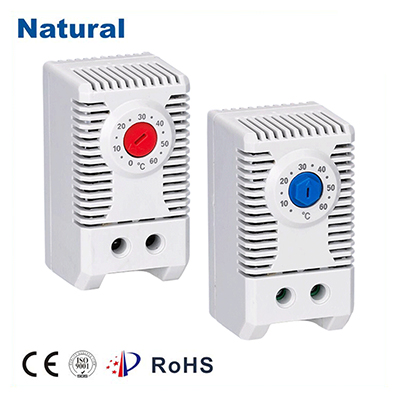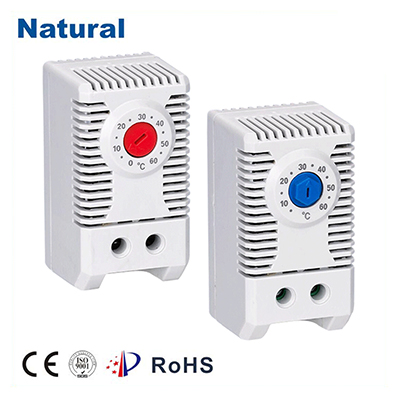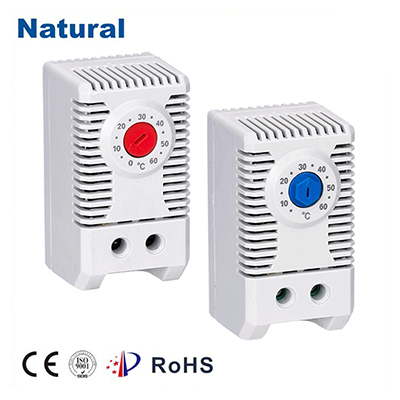Bimetal thermostats are essential components used in a wide variety of applications, ranging from home appliances to industrial machines. Their ability to accurately control temperature by utilizing the thermal expansion properties of two different metals makes them an integral part of many temperature regulation systems. In this article, we will explore the functionality, advantages, and applications of bimetal thermostats, with a special focus on NITEL, a prominent name in the production of high-quality bimetal thermostats.

What is a Bimetal Thermostat?

A bimetal thermostat is a temperature-sensitive switch that operates based on the principle of bimetallic strips. These strips are made from two different metals that have different coefficients of expansion. When the temperature changes, the different expansion rates of the metals cause the strip to bend or curve. This bending action is used to open or close electrical contacts, turning a device on or off as needed to maintain a consistent temperature. This simple yet effective mechanism has been used for decades in various industries, providing reliable temperature control. Bimetal thermostats are widely used in electrical appliances, automotive systems, HVAC (Heating, Ventilation, and Air Conditioning) systems, and many other industries where temperature regulation is critical.
